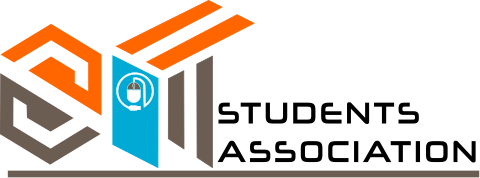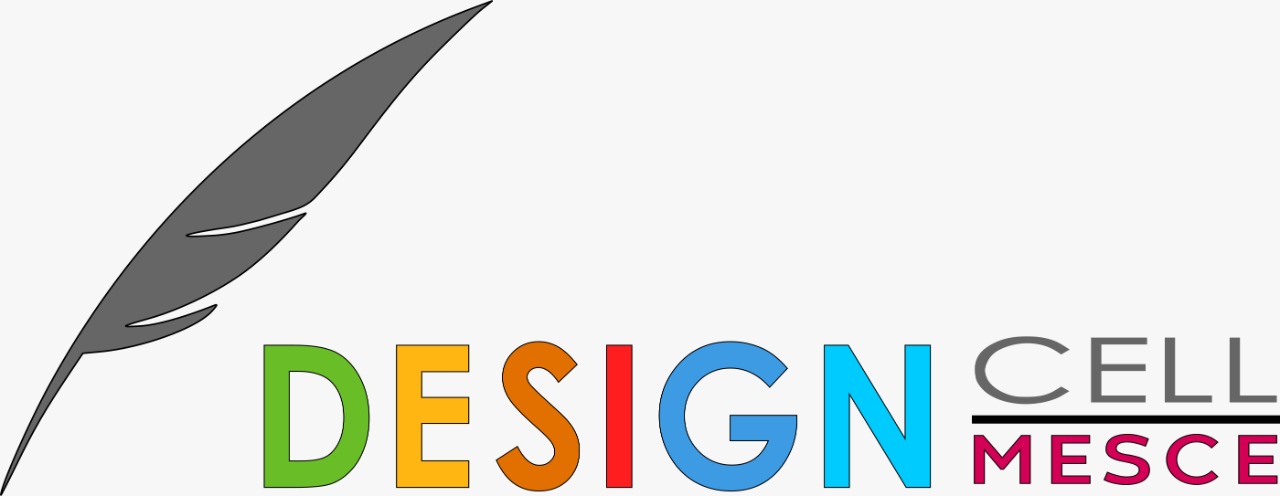
DILSHAD RASHEED V.A.
HoD, Dept of CSE (Cyber Security)
dilshadfaruk@gmail.com
9847693190
Computer Science & Engineering (Cyber Security)
Welcome to the Cyber Security Department – first line of defence in the digital world. The Department offers undergraduate programmes in B Tech Computer Science and Engineering (Cyber Security) under the affiliation of APJ Abdul Kalam Technological University. The Programme started in the year 2024 under the department of Computer Science and Engineering.
In today’s rapidly evolving technological landscape, cyber threats are more sophisticated than ever. Our department is dedicated to protecting digital infrastructure, securing data, and building a resilient cyber environment through innovation, education, and expertise.
Our department strives to empower individuals and organizations with the knowledge, tools, and practices needed to safeguard digital assets and ensure the integrity, confidentiality, and availability of information.
Our dedicated faculty, cutting-edge labs, and industry-aligned curriculum prepare the next generation of cyber defenders to lead in a digitally driven world. Backbone of the department comprises a crew of well experienced, highly qualified and dedicated team who are always enthusiastic to update their knowledge.
Vision
To be a center of excellence in Cyber Security education, research, and innovation, producing skilled professionals who safeguard the digital world with integrity and intelligence.
Mission
To provide quality education in Cyber Security, equipping students with strong theoretical knowledge and practical skills.
To promote research and innovation in the areas of information security, ethical hacking, network defense, and cyber laws.
To develop professionals who can anticipate, detect, and respond to evolving cyber threats in various sectors.
To collaborate with industry and government bodies for real-world exposure, internships, and training.
To cultivate ethical values and awareness about responsible digital citizenship and cyber hygiene.
Programme Offered
B Tech in Computer Science and Engineering (Cyber Security) - 60 Seats

MES College of Engineering, Kuttippuram joins Google Cloud Career Readiness Program.

PROGRAM EDUCATIONAL OBJECTIVES (PEOs)
After 3-5 years of graduation, our students will be able to do the following-
- Graduates would have the ability to establish themselves as practicing professionals in Cyber Security or a related field
- Graduates would have the ability to pursue graduate study in Cyber Security or other fields.
- Graduates would have the ability to work effectively as responsible professionals alone or in teams handling increasingly complex professional and societal expectations.
PROGRAM SPECIFIC OUTCOMES (PSOs)
After 3-5 years of graduation, our students will be able to do the following-
- An ability to apply knowledge of computing and algorithms appropriate to the problems.
- An ability to apply knowledge of operating systems, programming languages, data management, or networking principles to Cyber Security related problems.
- An ability to apply design, development, maintenance or evaluation of computer network principles in the construction of Cyber Security systems of varying complexity and quality.
- An ability to understand concepts involved in modeling and design of computer network applications.
PROGRAM OUTCOMES (POs)
After 3-5 years of graduation, our students will be able to do the following-
-
Engineering knowledge : Apply the knowledge of mathematics, science and computing in the core computer science and engineering.
-
Problem analysis : Identify, design, and analyze complex computer systems and implement and interpret the results from those systems
-
Design/development of solutions : Design, implement and evaluate a computer-based system, or process component, to meet the desired needs within the realistic constraints such as economic, environmental, social, political, ethical, health and safety, manufacturability, and sustainability
-
Conduct investigations of complex problems : Review literature and indulge in research using research based knowledge and methods to design new experiments, analyze, and interpret data to draw valid conclusions.
-
Modern tool usage : Select and apply current techniques, skills, and tools necessary for computing practice and integrate Cyber Security based solutions into the user environment effectively.
-
The engineer and society : Apply contextual knowledge to assess professional, legal, health, social and cultural issues during profession practice.
-
Environment and sustainability : Analyze the local and global impact of computing on individuals, organizations, and society.
-
Ethics : Apply ethical principles and responsibilities during professional practice.
-
Individual and team work : Function effectively as a team member or a leader to accomplish a common goal in a multidisciplinary team.
-
Communication : Communicate effectively in speech and in writing, including documentation of hardware and software systems.
-
Project management and finance : Apply the knowledge of engineering and management principles to manage projects effectively in diverse environments as a member or a leader in the team
-
Life-long learning : An ability to recognize the importance of professional development by pursuing postgraduate studies or face competitive examinations that offer challenging and rewarding careers in computing.
Copyright © 2026 MES College of Engineering. All Rights Reserved
Developed and maintained by Cabin4 Professionals





